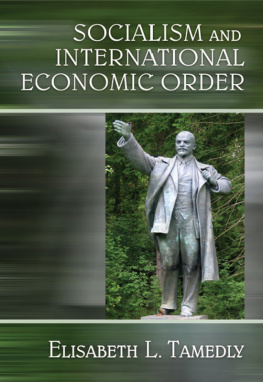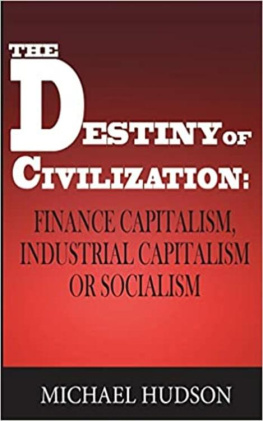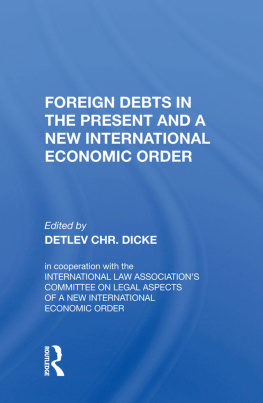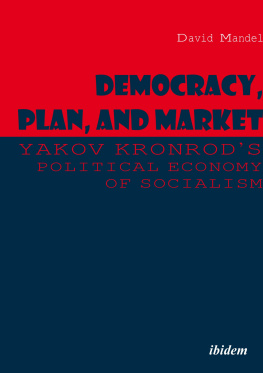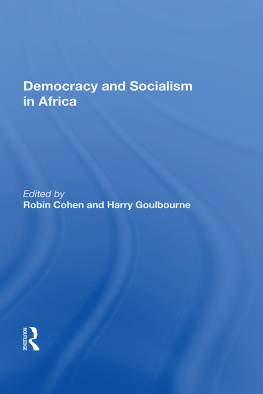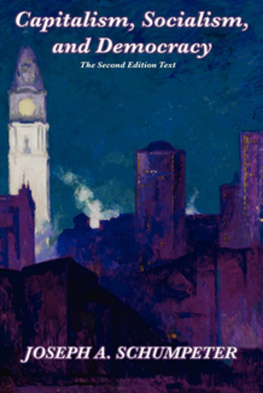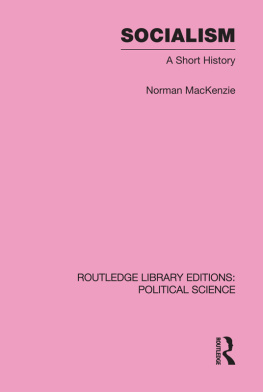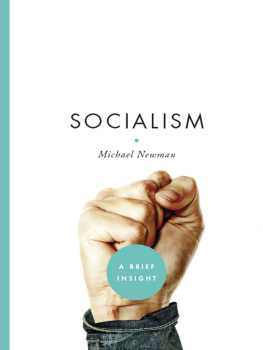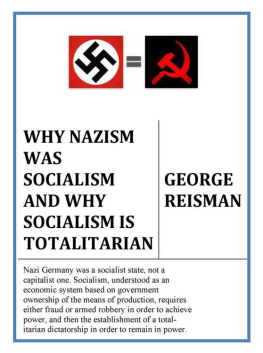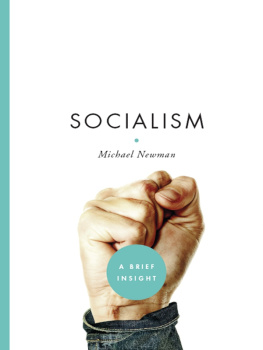SOCIALISM AND INTERNATIONAL ECONOMIC ORDER
By
ELISABETH L. TAMEDLY

The CAXTON PRINTERS, Ltd.
CALDWELL, IDAHO
1969

1969 BY
ELISABETH L. TAMEDLY
Library of Congress Catalog Card No. 69-11702
Printed and bound in the United States of America by
The CAXTON PRINTERS, Ltd.
CaldwelL Idaho 83605
110400
To my mother and O.R.
FOREWORD
THE CREATION OF AN efficient institutional framework for regulating international economic relations is one of the fundamental concerns of economists. Theorists and practitioners recognize that international trade has been one of the major sources of economic well-being; they know that no state can renounce such a wealth-generating activity. Yet, the increase of obstacles to the interchange of goods and services between nations since 1914 has led to what is generally termed economic disintegration.
A great deal of literature undertakes to describe and analyze these various obstacles. However, little effort has been devoted to the investigation of the fundamental causes of economic disintegrationcauses that can only be explained by theories and philosophies that engender changes in the internal economic and political orders of nations. This study is an inquiry into these fundamental determinants of international economic cooperation.
These determinants will be more easily understood if the primary characteristics of an international economic order are examined. Two such characteristics can be distinguished. The first concerns relationships among individuals residing in different areas of the world who deal with each other on the basis of private interests. Clearly, the problem of their economic intercourse on a worldwide level is essentially identical to that with which any restricted community is faced. This problem has been solved in the past by the establishment of private law which delineates certain minimum standards of behavior and is enforced by the community.
The second aspect of the problem is inherent in the existence of sovereign national states. For centuries, men have attempted to devise a system of international law that could subject states, as private law subjects individuals, to the rule of commonly accepted codes and to the judgments of an international arbitration agency in cases of disputes between national governments. All these systems have been frustrated by the fact that the creation of an international coercive force which would automatically enter into action when any state refused to comply with the provisions of international law has been regarded as an inadmissible interference with sovereignty. Even universal and compulsory recourse to a supranational court is usually rejected on the same grounds.
Intergovernmental relations therefore have a fundamentally anarchic character. Ultimately, of course, they, too, constitute human relationships, but with the difference that they are based not on a convened standard of right and wrong, but on power. It is a countrys political and military strength, on the one hand, and the political and military strength of its opponents, on the other, that form both the basis and the limit of national aspirations. The last resort is war which, as Karl von Clausewitz said, is nothing but the continuation of state policy with other means.
It follows that the theory of international economic order is concerned with two basically different types of human relationships: those that belong to the private sphere of the individual and which are amenable to the rule of lawthe dominiumand those that are backed by sovereign national powerthe imperium (W. Rpke). The essential question to be answered by this theory is whether, and how far, the element of order in international relations can be extended over the element of arbitrariness; the prevalence of peace and stability over the assumption of violence.
It is not difficult to see that individual human relationships are characterized by a tendency toward universalism, as distinct from the realm of political domination which presupposes a clearly defined national territory. This universalism is brought about by the institutional and the specific economic laws which govern dominium. These economic laws characteristically work independently of any single human will. They result, via the price mechanism, in the coordination of millions of individual decisions. Conversely, the very essence of the political sphere is the reign of human willthat of the stronger (or the majority) over the weaker (or the minority). The principle of coordination is here replaced by that of subordination. Hence, it becomes very important to know which fields of human activity are subject, within a given state, to imperium and which are left to the regulating influence of market values and private law. In other words, it is the internal political constitution of a country that provides the final answer to the question of whether political frontiers will also become economic and human division lines or whether the forces of dominium are strong enough within each nation to restrict political power and arbitrariness at home.
In practice, the international community can only be approached to a greater or lesser degree. The very fact that national states were able to develop shows that the urge toward social integration within them was far stronger than it was with outside groups which, in turn, were merging into separate political units. Tradition, national character, and differences in historical evolution led to widely differing legal, moral, and institutional settings among nations. Yet, to the extent that the beneficial effects of international trade were becoming more vividly discerned, and to the extent that the division of power as well as the safeguard of individual liberties against the State were accepted as the leading principles of political theory, it became possible to speak of an international open society. This society constituted a community bound by an unwritten rule of law and a set of generally recognized standards, principles, and values. These principles included a voluntary renunciation of national sovereignty by a states monetary authorities who shaped policies not according to the will of the government, but according to the dictates of international commodity and capital flows. Such an international economic order was largely realized in the nineteenth century.
In short, the problem of international economic order is the problem of approximating the legal and moral climates between national states so that citizens, free to move, to buy, and to sell wherever they like, gain a feeling of confidence and security far beyond the limits of their own political territory. To the degree that this goal can be achieved, international relations will follow the rules of dominium rather than the rules of imperium. It is the spirit of commerce which cannot coexist with war, and which sooner or later takes hold of every nation. For, since the
The underlying problem of international economic disintegration, then, is caused by powerful forces that seem to restrict the spirit of commerce originating from the individuals sphere.
The objective of this investigation is to study the effect of socialism on the framework of international economic cooperation. Without attempting an elaborate definition of socialism, we shall use this term to indicate a social order in which all economic activities are consciously determined (planned) by a restricted group that represents society. This group is conceived of as an elite which, due to its members alleged superior character, knowledge, and intelligence, is regarded to be best qualified to determine societys real needs and to use societys productive apparatus to best satisfy these needs. The socialist concept of the future international economic order is that of a world united under a single government and centrally planned by experts for the benefit of all peoples.

